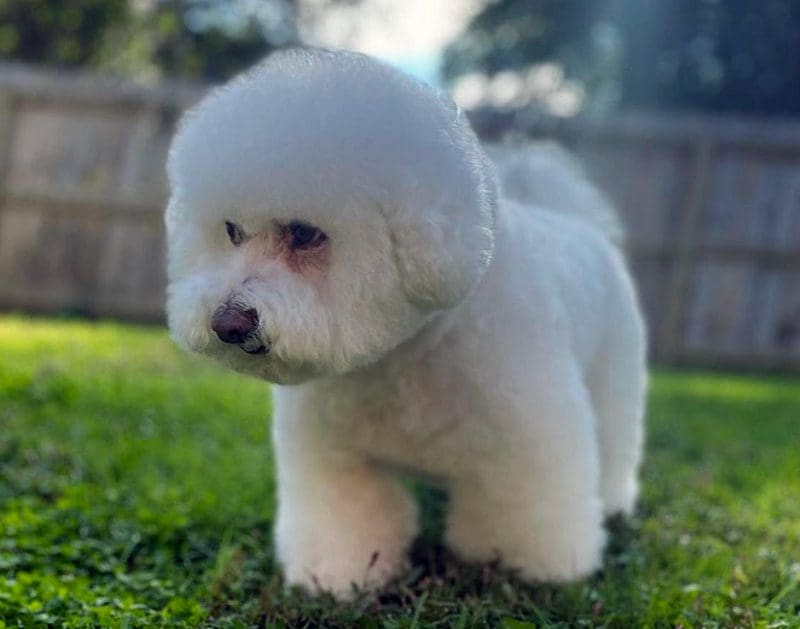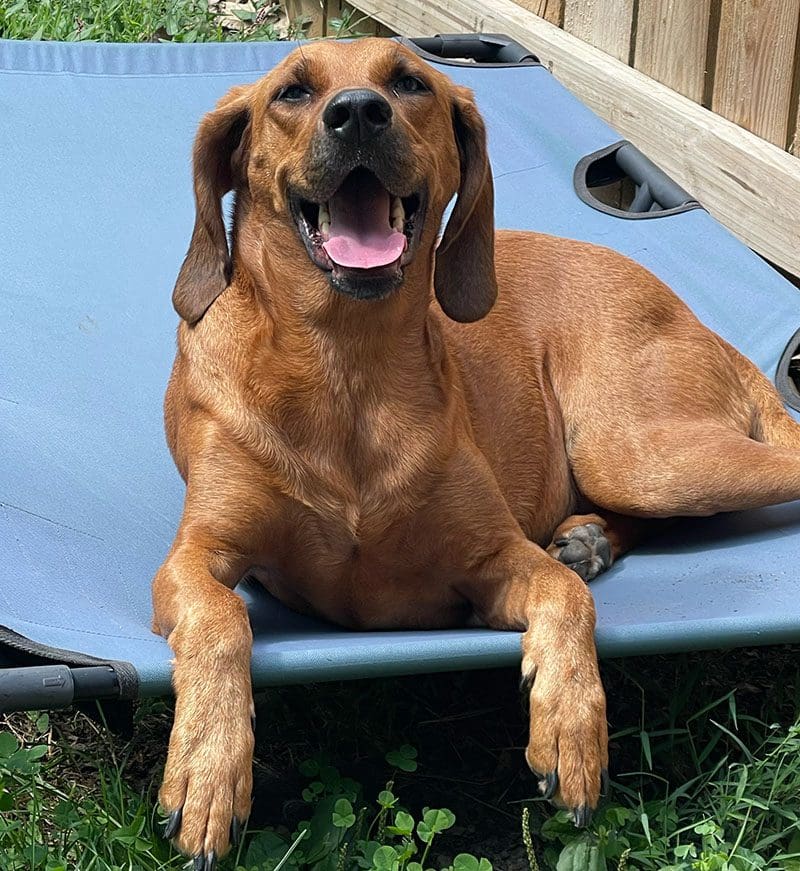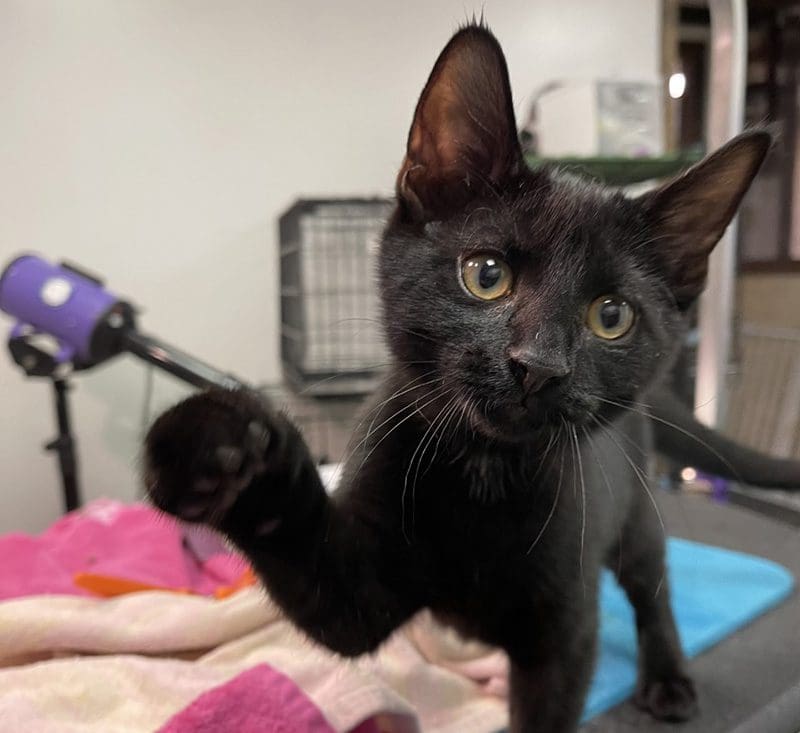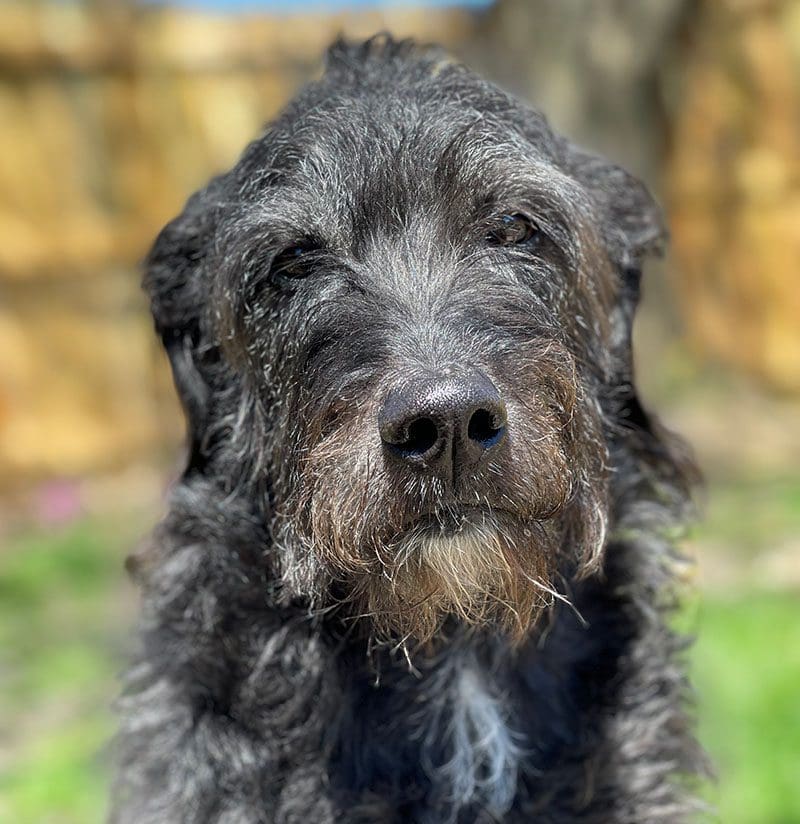Ok I’ve been thinking this for a long time and I’m just going to say it: the “this many years young” phrase is so cringe.
It’s more detrimental toward seniors because it actually draws more attention to the fact that older age is taboo.
My young animals require WAY more compromise to my routine and lifestyle to accomodate their changing personalities and predisposed tendencies that were impossible to know the extent of while they were still babies.
My old – and I’ve had OLD- animals are MUCH better matched to my lifestyle and I was better able to see what i was getting. Their tendency to need dentals, daily arthritis meds, and other medical monitoring can be costly. Cleaning up medically-related potty routine changes can be frustrating, but part of the aging process- for any species.

Some of my old animals never acted old nor became mini nursing home residents (Chelsea, Noah, Puss, Daisy, Gideon, Pip) and some require me to even leave work early (Artie, Pearl).
Some were challenging in their younger and older days (Willow, Liam, Lucy, Ramona, Snuggle Butt, Cricket).
I make my own hours and can take my pets to work. So this is fine for me. For some people, with more time and energy might have more energy for the challenges brought with the very young.
It’s easier to have someone watch my old dogs. Unless they have dementia (Artie) which actually makes him more like watching a human infant.
I find that most cats age more gracefully and less quickly than any dog, but an untrained eye can miss their medical needs even to the point that it’s too late… and even if you are experienced (Edna 😢😫).
Almost all of my old dogs have eventually needed daily pain meds to remain comfortable and cats SHOULD have some kind of accommodations for age related aches but have fewer options.

We must accept that “bitchiness” could actually be “painfulness” and not laugh or antagonize but make surfaces softer, steps unnecessary, and cars and grooming tables ramp-accessible.
We need to recognize a lack of hygiene as a symptom and not laziness and not shave so we can continue to ignore, but keep the wipes handy and offer help with keeping cushioning, insulating, and protective coat clean.
Old isn’t detrimental to companionship, but it’s got its own challenges and benefits. Can we stop feeding into the idea that we should hide maturity to make people think they’re a better match?

We should help people to understand why a puppy or kitten is NOT going to mesh with their family better simply because it’s been raised in the house from a young age. There’s a reason most pets surrendered and abandoned are adolescents.
And most surrenders due to “behavior issues” are in young adults. … they aren’t actually having issues with behavior… they’re displaying normal behavior for their species, breed, and AGE, and many many families are caught off guard and who knew what they wanted in a pet are unwilling to upheave their beliefs in what makes a good side-kick, compromise their expectations, and interrupt a comfortable routine.
I don’t recommend geriatric animals for anyone going at it alone who has never had a pet. I also don’t recommend babies for the same reasons- because they will do things you never knew was your responsibility to deal with or teach them not to and you’ll never be practiced enough to catch up to them teaching themselves bad habits and life-long behaviors. (I’m looking at you, walking on a leash, cooperative nail trims, grooming, and vet visits, and traveling happily in a carrier!!)

If you still have to learn to roll with the punches, look for a pet in the middle of the age spectrum. You will find a wild geriatric cat and a lazy puppy here and there, but as a general rule: 5-7 years old is a GREAT range to start in if you want the best chance of seeing inane and learned habits and personality traits while having time to enjoy long hikes and wild feather toy chases, and good sight and hearing, and a sound mind.
These activities will still be enjoyable in the oldest pets as long as their comfort is maintained and the activity is modified to suit their needs as they change over the years.
Ready for More Blog Articles?
Please check out the Absolute Animal Care Blog for a full listing of all of our blog articles!
Join Our Mailing List!
We hope you enjoyed reading this article! The Absolute Animal Care Blog features articles that contain our best recommendations for dog and cat wellness, training strategies, and products.
Please join our mailing list to receive updates when new articles are released!
